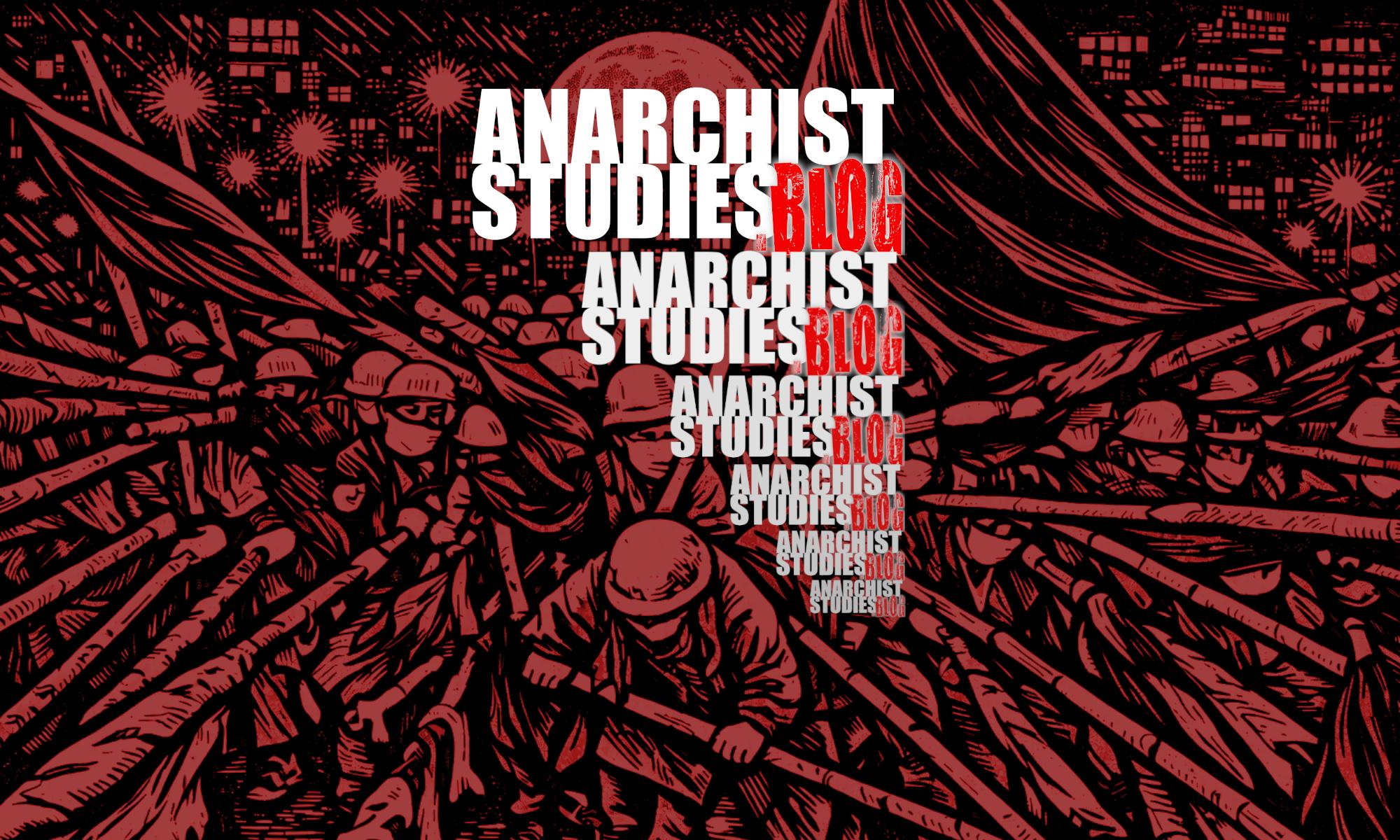Rowan Tallis Milligan reviews Good Times in Dystopia (Zero Books 2019) in discussion with author George F. about their thoughts on memoirs, punk and anarchism and what makes Good Times such an important contribution to literature on squatting and radical creative nonfiction.
The Postanarch Manifesto
Taking inspiration from Pierre-Joseph Proudhon, Michel Foucault and Saul Newman, this poetic text by Teresa Xavier Fernandes draws up an artistic and aesthetic manifesto of ‘the postanarch’.
Terror, Drugs, Music and Duterte’s Wars in the Philippines
Reporting from the Philippines, Russ Skelchy documents the murderous impact of Duterte’s ‘wars’ on terror and drugs, as well as the ongoing resistance to this ratcheting authoritarianism from musicians and affected communities.
An Interview with New Syndicalist
Shane Little interviews the Editorial Team behind New Syndicalist, a source of worker-led, anti-capitalist theory and strategy founded by members of the Industrial Workers of the World in the UK.
‘A New War’ – Kevin Jones on the suicide epidemic in Northern Ireland
More people have killed themselves in Northern Ireland since the Good Friday Agreement (1998) than died as a result of ‘the Troubles’ conflict (1969-1998). This interview and session performance with anarchist musician Kevin Jones addresses the ongoing suicide epidemic and its roots in the civil war. Kevin brings his musical expression and anarchist analysis to bear on the issue with a performance of his song ‘A New War’, as part of this interview with Jim Donaghey. The audio is available to stream directly, with transcript.
‘A New War’ – anarchist musician Kevin Jones on the suicide epidemic in Northern Ireland
Salvaging the Revolution – Anarchist Historiography on the Spanish Civil War
Morris Brodie tracks 80 years of historiography on the Spanish Civil War, from caricatures of anarchists as idealistic and/or bloodthirsty (by fascist, liberal and orthodox communist historians) to an ‘anarchist renaissance’ in civil war historiography in the last twenty years. He includes a list of further reading on anarchists in the Spanish Civil War.
Salvaging the Revolution – Anarchist Historiography on the Spanish Civil War
Class Struggle Anarchism – an interview with Wayne Price
Kent Worcester interviews the New York-based anti-authoritarian activist Wayne Price. He traces his political journey from early anarchist and pacifist influences in the 1950s, through the anti-Vietnam War movement of the 1960s and 1970s, to his work as a school psychologist and teachers union activist, and charts his membership of a range of activist groups of various Marxist, Trotskyist and anarchist persuasions.
‘Pick up a crowbar, and get to work’ – homelessness and squatting in Britain
Rowan Tallis Milligan uses this review article of Andrew Fraser’s Invisible: A Diary of Rough Sleeping in Britain (Freedom Press, 2019) to highlight the cruel effects of the current housing crisis in Britain, while also pointing to the resistance strategies that are being employed all over the country.
Invisible – the housing crisis and squatting in Britain
An Exchange Between Brian Morris and John Clark
Readers of the Autumn 2018 issue of Anarchist Studies (26:2) will have noted the vigorous debate between Brian Morris and John Clark, two prominent figures in anarchist academia. The exchange began with a review by Morris of Clark’s The Impossible Community: Realizing Communitarian Anarchism (2013), and continued with a reply from Clark to Morris’s review. Since publication, this debate has continued with a further reply from each individual, and they are published here (along with the original review and response).
Solidarity between the dispossessed peoples of Kenya and Palestine
Wangui Kimari, of the Mathare Social Justice Centre in Nairobi, highlights the solidarity campaigns and shared experiences of dispossession between the peoples of Kenya and Palestine.
